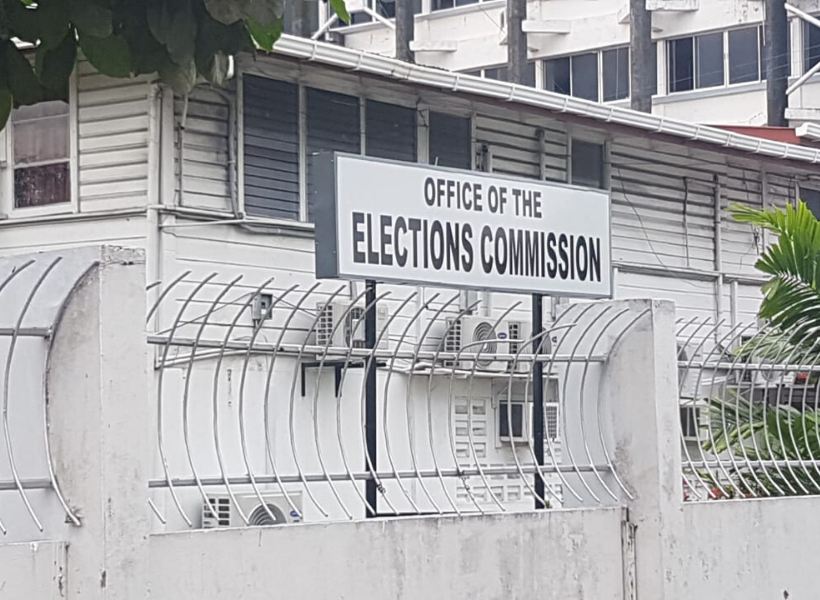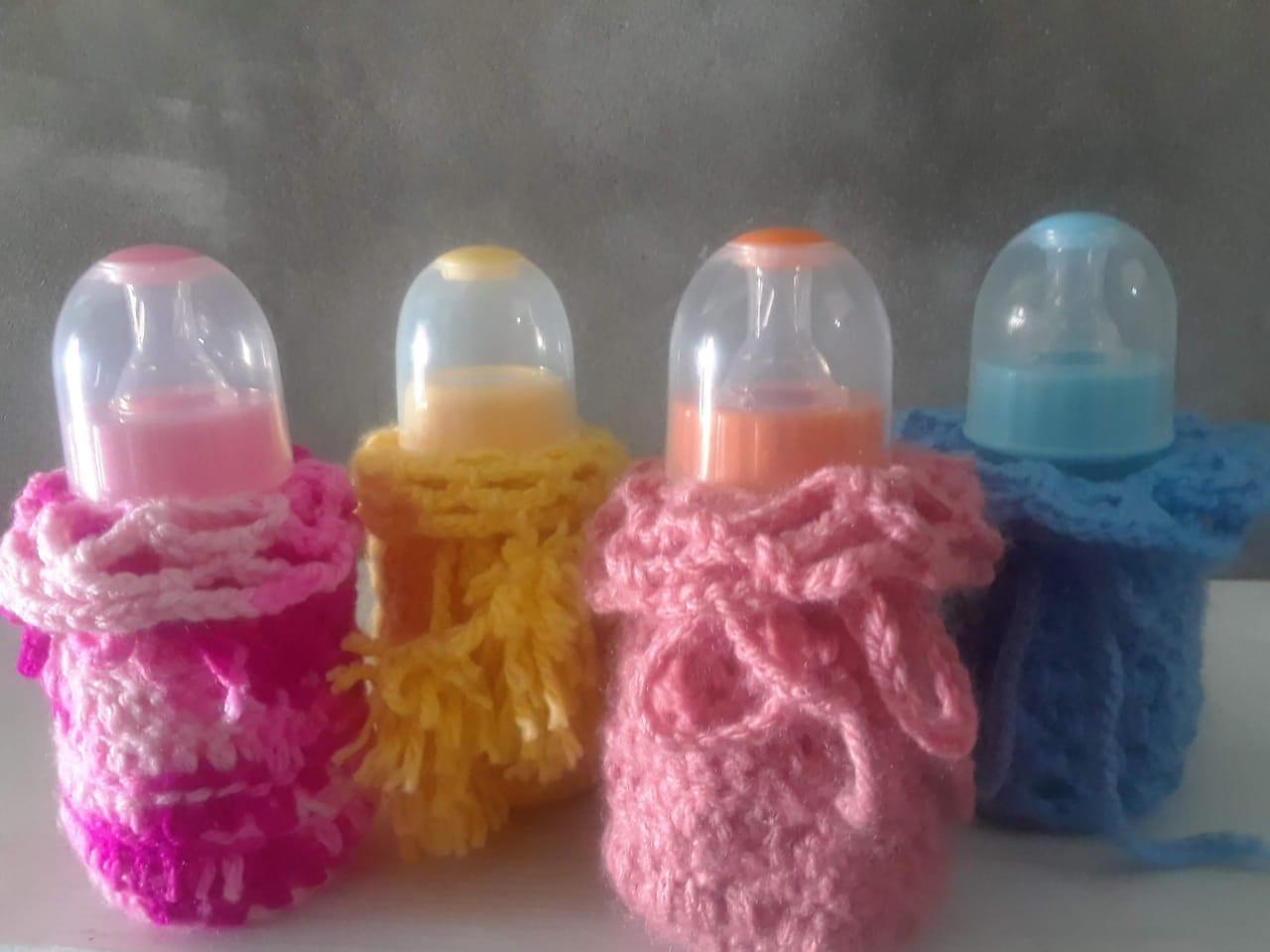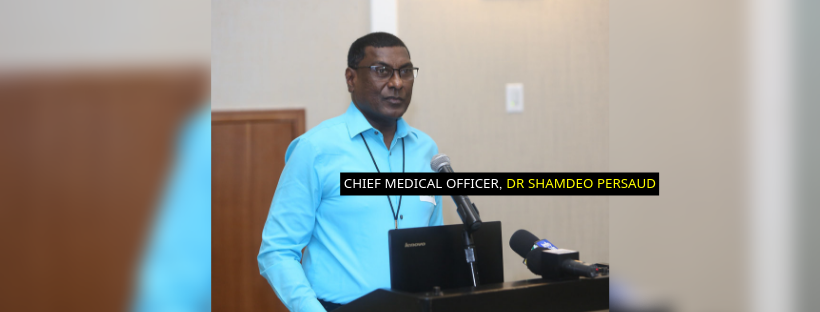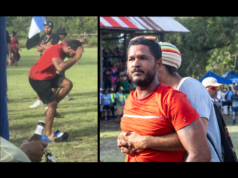With the recent availability of snakebite venom in Guyana, the Ministry of Public Health has developed a treatment protocol. This is particularly important since, of the 1,190 persons who suffered snakebites during the period 2010 to 2014, a total of 95 died. This is according to information released by the Public Health Ministry today.
The official five-year figures also show that men, followed by women, are more vulnerable to the lethal bites from these dangerous reptiles.
The Ministry this year purchased anti-venom treatment from Costa Rica which is currently available at the Georgetown Public Hospital (GPH). And, according to Chief Medical Officer Dr Shamdeo Persaud, “The Ministry procured separate preparations of anti-venom [PoliVal–ICP anti-venom] and they are available at MOPH sites that have the necessary capacity to administer this treatment. This poly-valiant anti-venom is indicated for use in the common viper (Labaria and Bushmaster) envenomation.”
GPHC currently has the capacity to implement the new protocol. The institution also has the ability to manage possible complications from the use of anti-venom, including allergic/anaphylactic reaction, which could be life-threatening. The most common anaphylactic reactions are to foods, insect stings, medications, and latex. If one is allergic to a substance, one’s immune system overreacts to the allergen by releasing chemicals that cause allergy symptoms.
Coastal victims of bites from venomous serpents are a bit more fortunate in that they can readily get treatment at local health facilities for envenomation, which involves preventing further release of toxins in the victim’s body.
According to Dr Zulfikar Bux, Head of the Accident and Emergency Unit at the GPH, doctors must exercise more caution when administering anti-venom to snake-bite patients and must also familiarise themselves about likely side effects.
“The anti-venom is not like regular medication. You have to know about the dosage and how to administer it to the patient because not every single snake bite [is poisonous]. It’s the complicated bites…that are more serious [so] you have to anticipate complication because they are some amount of risks of hypersensitivity and severe allergic reaction to the anti-venom,” Dr Bux explained.
Dr Bux, who is also an emergency specialist, was instrumental in helping develop the protocol which guides administering of anti-venom in Guyana. He said the protocol meets the medical requirement and was accepted and approved by the Medical Advisory Committee of the GPH.











